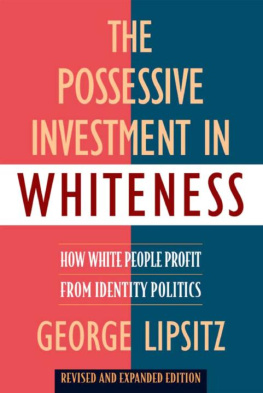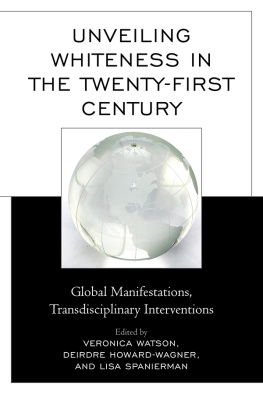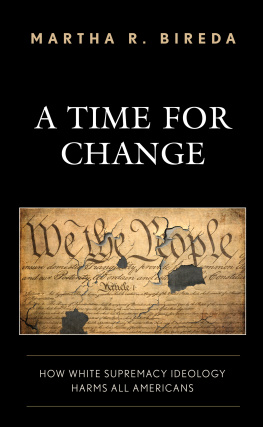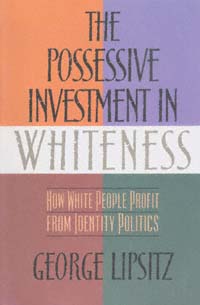George Lipsitz - Possessive Investment In Whiteness
Here you can read online George Lipsitz - Possessive Investment In Whiteness full text of the book (entire story) in english for free. Download pdf and epub, get meaning, cover and reviews about this ebook. year: 1998, publisher: Temple University Press, genre: Politics. Description of the work, (preface) as well as reviews are available. Best literature library LitArk.com created for fans of good reading and offers a wide selection of genres:
Romance novel
Science fiction
Adventure
Detective
Science
History
Home and family
Prose
Art
Politics
Computer
Non-fiction
Religion
Business
Children
Humor
Choose a favorite category and find really read worthwhile books. Enjoy immersion in the world of imagination, feel the emotions of the characters or learn something new for yourself, make an fascinating discovery.

- Book:Possessive Investment In Whiteness
- Author:
- Publisher:Temple University Press
- Genre:
- Year:1998
- Rating:4 / 5
- Favourites:Add to favourites
- Your mark:
Possessive Investment In Whiteness: summary, description and annotation
We offer to read an annotation, description, summary or preface (depends on what the author of the book "Possessive Investment In Whiteness" wrote himself). If you haven't found the necessary information about the book — write in the comments, we will try to find it.
George Lipsitz: author's other books
Who wrote Possessive Investment In Whiteness? Find out the surname, the name of the author of the book and a list of all author's works by series.










 The paper used in this publication meets the requirements of the American National Standard for Information SciencesPermanence of Paper for Printed Library Materials, ANSI Z39.481984
The paper used in this publication meets the requirements of the American National Standard for Information SciencesPermanence of Paper for Printed Library Materials, ANSI Z39.481984